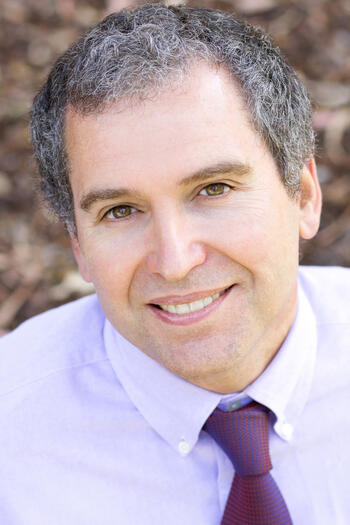Patrick Chamorel conducts research on elections, populism, political movements and cleavages in Western democracies; Comparative US/European politics; Transatlantic relations; European politics; French politics, economic and foreign policy. He was most recently a Research Scholar at the Center for Democracy, Development and the Rule of Law at the Freeman Spogli Institute for International Studies (FSI), Stanford University.
Chamorel teaches comparative American and European politics, public policy and political economy, as well as transatlantic relations both at Stanford in Washington and at FSI’s Ford Dorsey Master in International Policy. He has also taught at the Stanford in Paris campus, the Reims Euro-American campus of Sciences-Po Paris, the University of California (Berkeley and Santa Cruz), George Washington University, and Claremont McKenna College where he was the Crown Visiting professor of Government in 2001-5.
Patrick Chamorel was a Fellow of the Institute for Governmental Studies at UC Berkeley, the Woodrow Wilson Center in Washington DC and the Hoover Institution at Stanford, as well as a Congressional Fellow of the American Political Science Association (Offices of Harry Reid in the U.S. Senate and Norman Mineta in the House of Representatives).
Patrick Chamorel has written and lectured extensively on US and European politics. His research has focused on US and European elections and the rise of populism; US strategic, political and economic relations with Europe; American and European political and business elites; the impact of globalization on government, business and civil society, as well as the rise of Euro-skepticism in America.
He regularly contributes to the media, including the Wall Street Journal, Die Welt, Les Echos, Atlantico.fr, the Canadian Broadcasting Corporation, Al-Jazeera, i24news, RMC, Talk Media News, BFM-TV, Le Figaro TV and CNN International. He is also a regular consultant to the US State Department.
In the 1990s, Patrick Chamorel was a Senior Advisor to the Minister of Industry and in the Policy Planning Office of the Prime Minister in Paris. He is a graduate of Sciences-Po in Paris where he also earned his Ph.D. in Political Science after doing research at UC Berkeley and Stanford University. He holds a Master in Public Law from the University of Paris.




 Damian Collins MP is a member of the House of Commons, and Chairman of the Parliamentary Select Committee for Culture, Media and Sport. He graduated in modern history from the University of Oxford, and Charmed Life, the Phenomenal World of Philip Sassoon is his first book.
Damian Collins MP is a member of the House of Commons, and Chairman of the Parliamentary Select Committee for Culture, Media and Sport. He graduated in modern history from the University of Oxford, and Charmed Life, the Phenomenal World of Philip Sassoon is his first book.